Gay Activist Organization Says Religious Exemptions in Fayetteville Ordinance “Too Broad”
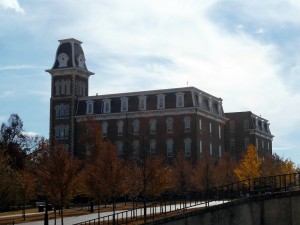 The Human Rights Campaign is the nation’s largest homosexual activist organization. We have written before about how the group is spending an estimated $1 million per year, on average, on its agenda in Arkansas at the moment.
The Human Rights Campaign is the nation’s largest homosexual activist organization. We have written before about how the group is spending an estimated $1 million per year, on average, on its agenda in Arkansas at the moment.
Last year the group was heavily involved in the effort to implement a “nondiscrimination” ordinance in Fayetteville, Arkansas. The ordinance was overturned by voters last December–but only after a protracted campaign.
The Fayetteville City Council recently referred out a similar ordinance for voters to consider on September 8. Fayetteville voters will have the opportunity–once again–to keep or reject the ordinance. This time, however, according to the Northwest Arkansas Democrat-Gazette, the Human Rights Campaign feels the religious exemptions in the ordinance are “too broad.” (more…)

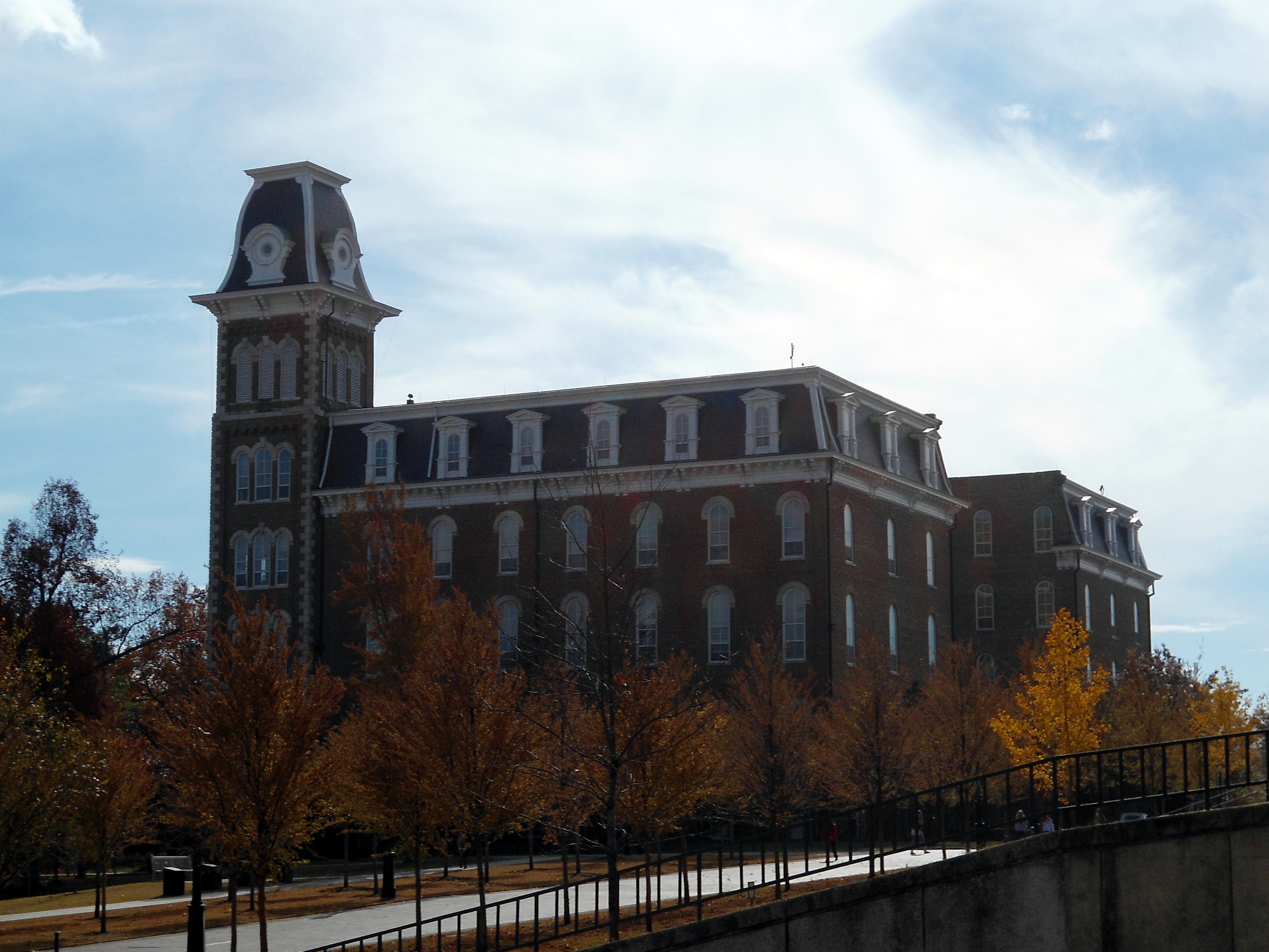
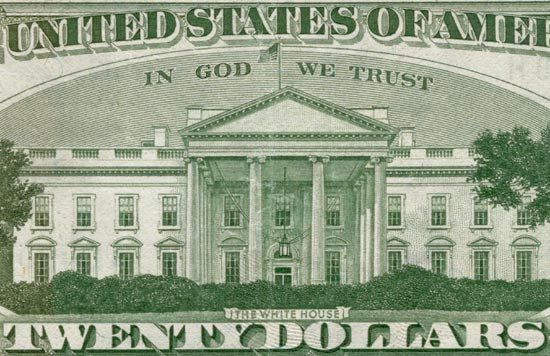
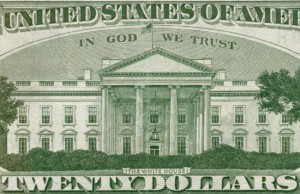 “In God We Trust” has been the official motto of the United States of America for almost 60 years. It has appeared on many coins minted by the U.S. government since 1864.
“In God We Trust” has been the official motto of the United States of America for almost 60 years. It has appeared on many coins minted by the U.S. government since 1864.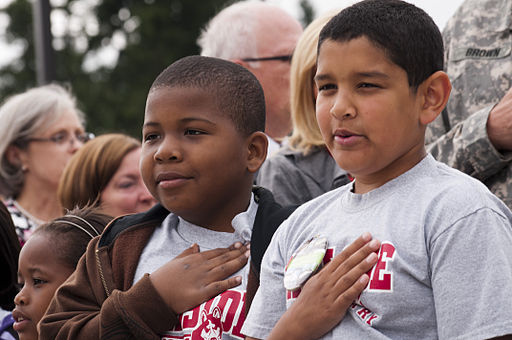
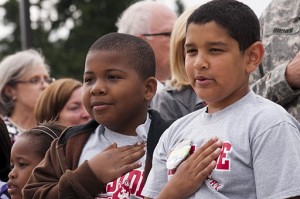 Liberty Institute in Texas has put together
Liberty Institute in Texas has put together